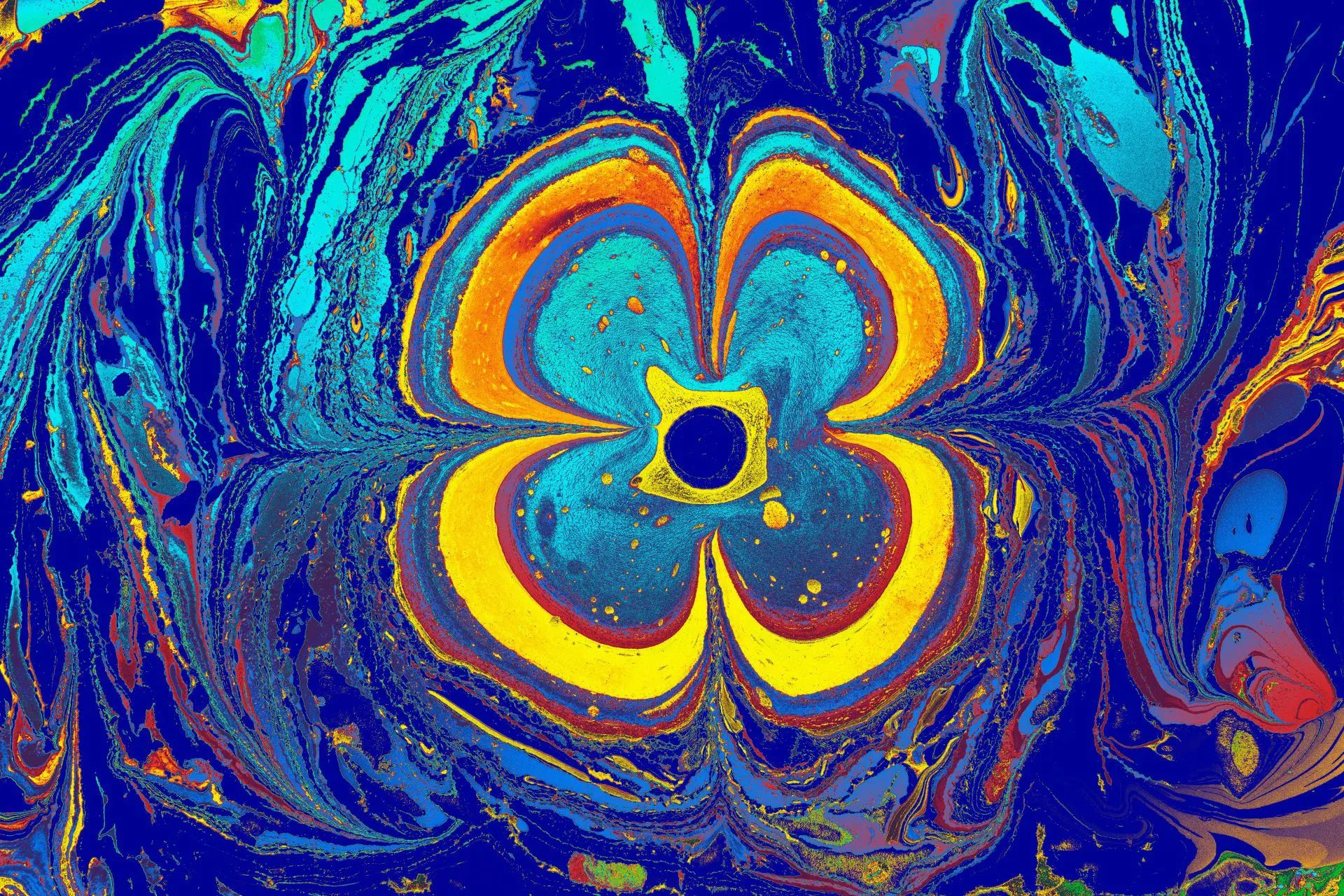Gnosticism and the Dualistic View of Reality

Looking for more amazing products? Check out our online store and explore our collection here! Happy shopping!
Before diving in, please note: This post is for informational purposes only. If you’d like to know more about how we approach topics, feel free to check out our friendly Disclaimer Page.
Hey there, amazing readers! 
We’re committed to delivering quality posts, and your support (even just sticking around despite the ads) means everything to us. So, bear with us, and thanks for helping us keep the good vibes rolling. Now, on to the fun stuff!
TRANSLATE BUTTON AT THE END OF THE ARTICLE
A Quick Overview
Gnosticism is a mystical religious movement that emerged in the early centuries of the Common Era.
It is characterized by its emphasis on spiritual knowledge (gnosis) as the path to salvation and its dualistic view of reality.
This dualism posits a sharp distinction between the material world, seen as flawed and corrupt, and the spiritual realm, which is considered divine and pure.
Gnosticism’s teachings challenge traditional Christian beliefs and offer a unique perspective on the nature of existence.
In this article, we delve into the origins of Gnosticism, its key beliefs, and the implications of its dualistic worldview.
Introduction to Gnosticism
Gnosticism is a term derived from the Greek word "gnosis," meaning knowledge.
Gnostics believed that salvation came through a special, mystical knowledge or insight into the nature of reality and the divine.
This knowledge was seen as a liberating force that could awaken individuals to their true spiritual essence and free them from the constraints of the material world.
Gnosticism was not a unified movement but rather a diverse collection of sects and teachings that flourished in the first few centuries of the Common Era.
Origins of Gnosticism
The exact origins of Gnosticism are difficult to pinpoint, but scholars believe that it emerged as a response to the diverse cultural and religious milieu of the ancient Mediterranean world.
Gnosticism drew on elements of Greek philosophy, Jewish mysticism, and Christian teachings to create a complex and esoteric belief system.
Some scholars suggest that Gnosticism may have predated Christianity and evolved alongside it, while others argue that Gnosticism developed as a distinct movement within early Christianity.
Key Beliefs of Gnosticism
Gnosticism is characterized by several key beliefs that set it apart from mainstream Christian doctrine.
These include the idea of a transcendent, unknowable God or ultimate reality, the existence of multiple divine beings or aeons, and the belief in a dualistic cosmology that pits the material world against the spiritual realm.
Gnostics also emphasized the importance of personal experience and inner knowledge over blind faith or obedience to religious authorities.
Dualistic View of Reality
One of the central tenets of Gnosticism is its dualistic view of reality.
This dualism posits a fundamental division between the material world, which is seen as corrupt and flawed, and the spiritual realm, which is considered divine and pure.
Gnostics believed that the material world was created by a lower, ignorant deity known as the Demiurge, who trapped divine sparks of light within human bodies.
Salvation, in this worldview, is the process of liberating these divine sparks and returning them to the spiritual realm.
Understanding Dualism
Dualism is a philosophical concept that asserts the existence of two opposing principles or forces in the universe.
In Gnostic thought, these principles are often framed as light versus darkness, spirit versus matter, or good versus evil.
Dualism serves as a framework for understanding the cosmic struggle between the forces of light and darkness, with humans caught in the middle as vessels for divine sparks seeking liberation.
Matter vs Spirit in Dualism
Within Gnostic dualism, the contrast between matter and spirit is a central theme.
Matter is associated with the material world, the body, and the physical senses.
It is seen as a prison that binds the soul and hinders spiritual enlightenment.
In contrast, spirit represents the divine essence within each individual, a spark of light that is seeking to return to the higher spiritual realms.
Gnostics sought to transcend the limitations of the material world and reunite with the spiritual source of all existence.
Gnostic Creation Myth
Central to Gnostic cosmology is the myth of creation, which differs significantly from the biblical accounts found in mainstream Christianity.
In Gnostic teachings, the world was not created by a benevolent God but by an ignorant and arrogant Demiurge who mistakenly believed himself to be the ultimate deity.
The material world, according to Gnostic myth, is a flawed and imperfect creation born out of the Demiurge’s ignorance and hubris.
Demiurge in Gnostic Thought
The Demiurge is a key figure in Gnostic theology, representing the creator of the material world and the force responsible for trapping divine sparks within human bodies.
In some Gnostic texts, the Demiurge is portrayed as a malevolent and deceitful being who seeks to keep humanity ignorant of its true spiritual nature.
The Demiurge is often contrasted with the higher, unknowable God of the spiritual realm, who is beyond the limitations of the material world.
Rejection of Material World
Gnosticism’s dualistic worldview led to a rejection of the material world as inherently flawed and corrupt.
Gnostics viewed the physical universe as a place of suffering, ignorance, and illusion, a realm created by the Demiurge to keep humanity separated from the divine.
By renouncing the material world and its attachments, Gnostics believed they could achieve spiritual liberation and reunite with the higher realms of pure light and knowledge.
Salvation in Gnostic Tradition
Salvation, in Gnostic tradition, is the process of awakening to one’s true spiritual nature and transcending the limitations of the material world.
Gnostics believed that through spiritual knowledge (gnosis), individuals could overcome the ignorance and illusions of the material realm and achieve union with the divine.
Salvation was not achieved through faith or obedience to religious laws but through inner experience and enlightenment.
Influences of Gnosticism
Despite its suppression by early Christian authorities, Gnosticism has had a lasting influence on Western thought and spirituality.
Gnostic ideas and themes can be found in various mystical traditions, philosophical movements, and literary works throughout history.
Gnosticism’s emphasis on personal revelation, esoteric knowledge, and the dualistic nature of reality continues to resonate with seekers of spiritual truth and those interested in exploring the mysteries of existence.
Modern Relevance of Gnostic Dualism
In the modern world, Gnostic dualism continues to intrigue and inspire those who seek a deeper understanding of reality beyond the confines of conventional religious beliefs.
The Gnostic perspective offers a unique lens through which to explore the complexities of the human experience, the nature of good and evil, and the eternal quest for spiritual enlightenment.
By embracing the dualistic worldview of Gnosticism, individuals can navigate the challenges of the material world with a deeper sense of purpose and meaning.
Gnosticism’s teachings remind us that salvation lies not in outward rituals or dogmas but in the inner journey of self-discovery and awakening to the divine spark within.
Conclusion
Gnosticism’s dualistic view of reality challenges conventional notions of good and evil, matter and spirit, and the nature of existence itself.
By exploring the origins of Gnosticism, its key beliefs, and its unique cosmology, we gain insights into the profound mysteries of the universe and the human quest for spiritual enlightenment.
The legacy of Gnostic thought continues to inspire seekers of truth and wisdom, offering a path to salvation through inner knowledge and liberation from the constraints of the material world.
In embracing the dualistic worldview of Gnosticism, we embark on a journey of self-discovery and transformation, seeking to reunite with the divine source of all life.

The Enlightenment Journey is a remarkable collection of writings authored by a distinguished group of experts in the fields of spirituality, new age, and esoteric knowledge.
This anthology features a diverse assembly of well-experienced authors who bring their profound insights and credible perspectives to the forefront.
Each contributor possesses a wealth of knowledge and wisdom, making them authorities in their respective domains.
Together, they offer readers a transformative journey into the realms of spiritual growth, self-discovery, and esoteric enlightenment.
The Enlightenment Journey is a testament to the collective expertise of these luminaries, providing readers with a rich tapestry of ideas and information to illuminate their spiritual path.
Our Diverse Expertise
While our primary focus is on spirituality and esotericism, we are equally passionate about exploring a wide range of other topics and niches 

To ensure we provide the most accurate and valuable insights, we collaborate with trusted experts in their respective domains 
Our blog originally focused on spirituality and metaphysics, but we’ve since expanded to cover a wide range of niches. Don’t worry—we continue to publish a lot of articles on spirituality! Frequently visit our blog to explore our diverse content and stay tuned for more insightful reads.
Hey there, amazing reader! 
Check out our store here and take a peek at some of our featured products below! Thanks for being awesome!











